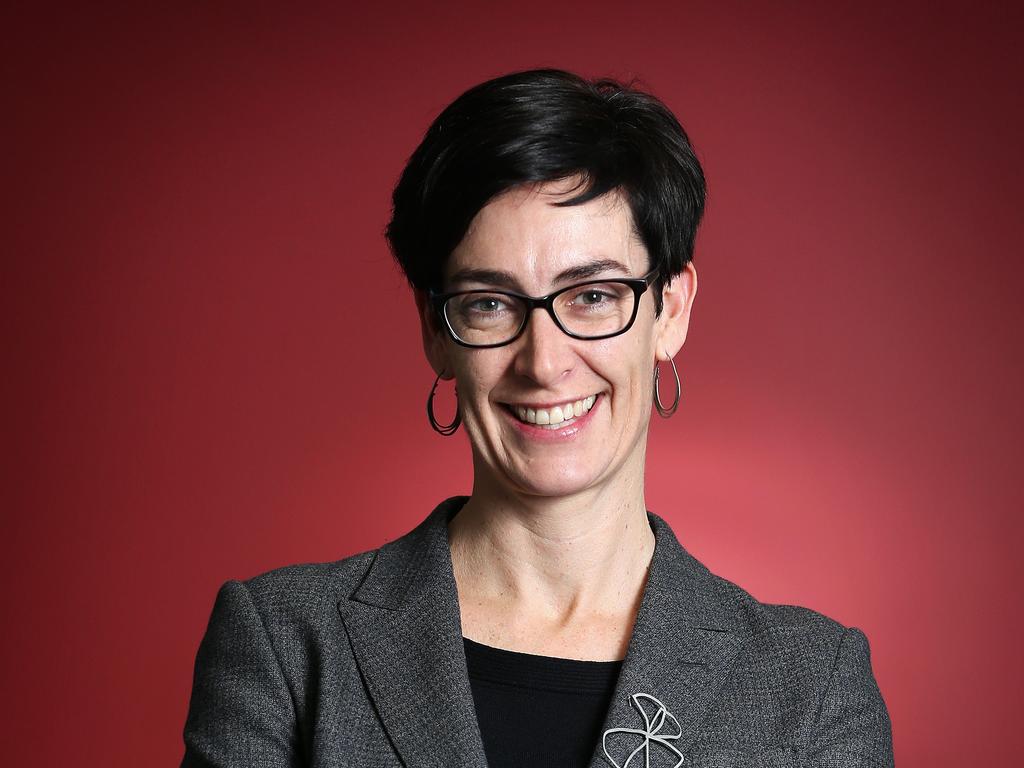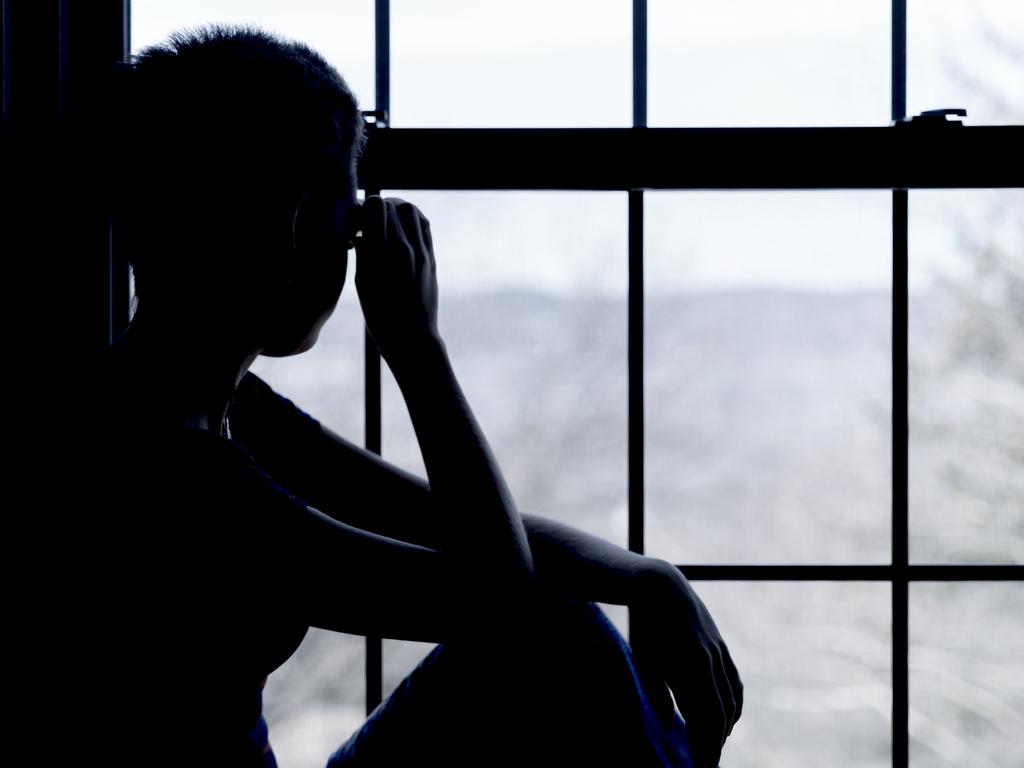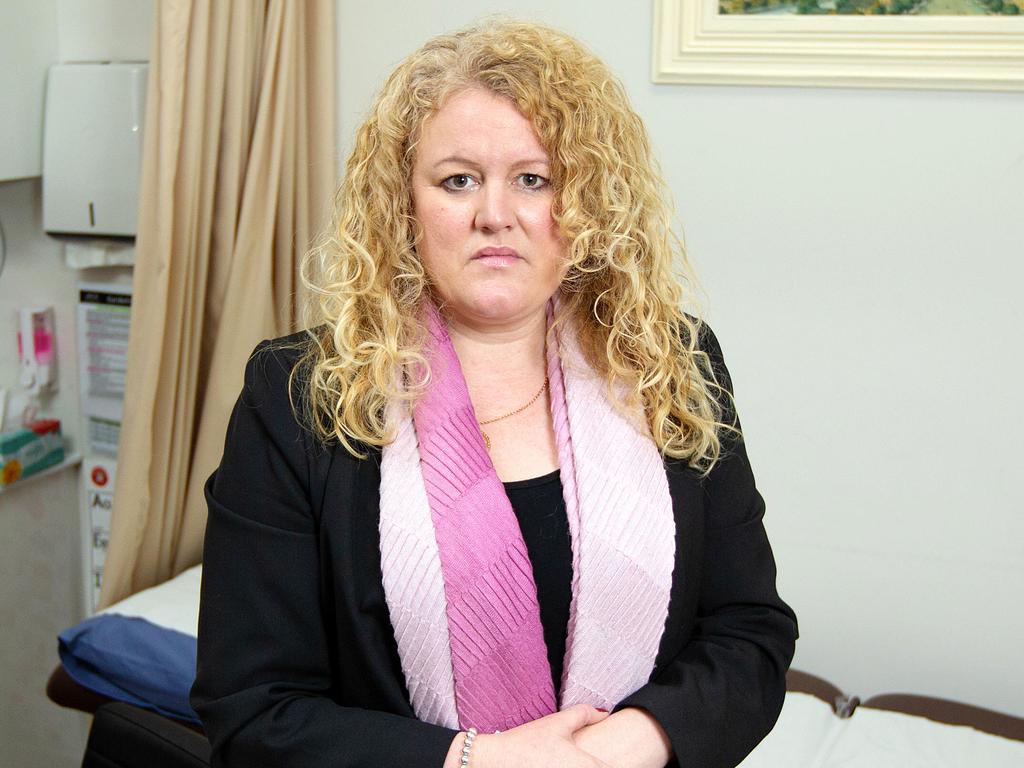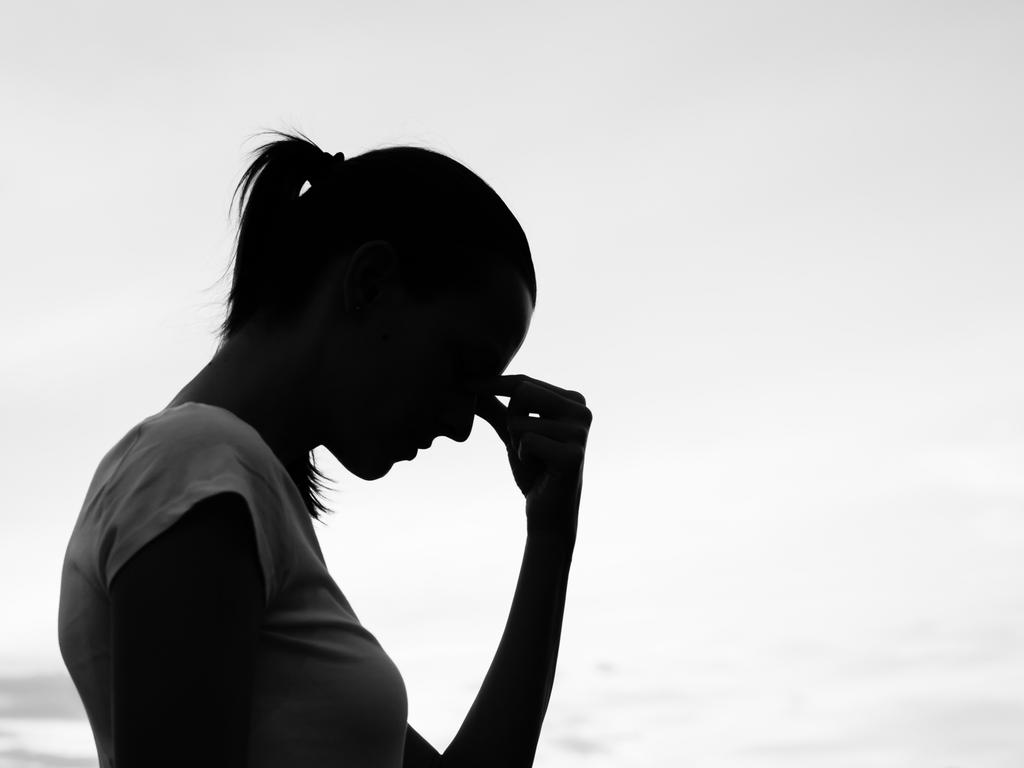Suicide line records highest number of calls in history
Lifeline has recorded its highest daily surge in calls for help this week, while new research points to long term mental health fallout from the pandemic.
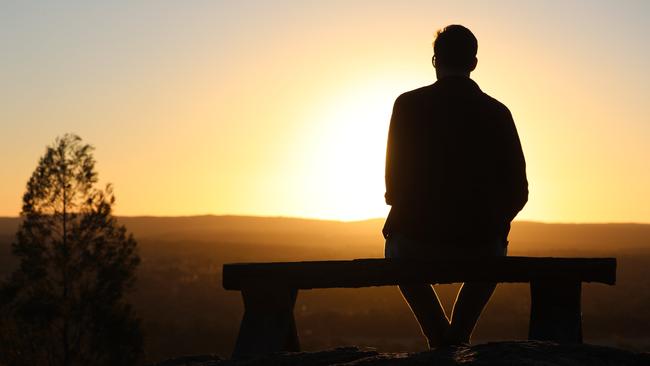
Australia’s biggest suicide support line has recorded the most calls for help it has ever received in one day, amid concerns about long-term mental health consequences of Covid-19 restrictions.
Lifeline counsellors received 3436 calls on Monday – more than any other day in 57 years. Monday was also the day that cases in NSW reached a new high of 478 – a figure since surpassed.
Covid-19 was a physical and mental health pandemic, Lifeline Australia chair John Brogden said.
“While Monday was our busiest day on record, it wasn’t a one-off. It’s been a difficult few year for everyone in the community,” he said. “We’ve seen demand grow 20 per cent since 2019 and it continues to ramp up. Five of Lifeline’s 10 busiest days on record have occurred just this month.
“These are challenging times, it is OK not to be feeling OK.”
On August 5, 3425 Australians called the service. And on August 2, 3345 dialled the helpline in what were the organisation’s second and third busiest days respectively.
The news came after The Australian revealed eight Victorian teenage girls died by suicide in the year to July 31, up from one in the same period in 2020 and three in 2019. The rise prompted youth mental health expert Patrick McGorry to describe mental health fallout from Covid restrictions as a “shadow pandemic”.
After they endured one of the longest and strictest lockdowns in the world in 2020, Victorians faced further tough news on Tuesday – that their sixth lockdown would be extended by another two weeks, with a 9pm-to-5am curfew enforced. As NSW, Victoria and the ACT remained in lockdown, new research indicated mental health fallout may extend beyond lockdowns.
A study conducted by Monash University and the Austin Hospital and which surveyed 1157 Victorians, found poor mental health did not appear to be linked with high Covid-19 case numbers. Psychological problems did not improve as cases dropped, according to the report.
“Stability in rates of poor mental health across time and region stands in stark contrast to variation in SARS-CoV-2 infections and Covid-19 hospitalisations and deaths, suggesting that … adverse mental health impact during the pandemic may be insensitive to objective Covid-19 risk,” the report reads.
Of those surveyed, one third reported they had anxiety or depressive symptoms in September 2020. About 16 per cent – or 196 – said they wished they were dead in the past 30 days. And 110 – or 9.5 per cent – reported serious suicidal ideation in the past month.
Study co-author and Turner Institute for Brain and Mental Health deputy director Shantha Rajaratnam said behavioural and lifestyle changes – sleep disturbance, reduced outdoor time and increased screen time – appeared to be risk factors for poor mental health. “We concluded there are likely to be direct and indirect effects of Covid,” Professor Rajaratnam said.
“Sharp increases reported in mental health (issues) persisted until September at least in Victoria and through to February in the US. That warrants a more sustainable government response to address these mental health problems in the community.”
Professor Rajaratnam said the report highlighted the need for improved access to mental health support services. “This study at the height of Victoria’s long lockdown, at a time when case loads were relatively low, provided us with a unique opportunity to robustly assess the indirect mental health effects of the pandemic, such as isolation, lack of certainty about income and work, homeschooling, disrupted routines and so on,” he said.
“(The Victorian 2020 lockdown) helped the rest of the world to understand what may be expected … in a situation like this and therefore what supports need to be put in place.”
Readers seeking support and information about suicide prevention can contact Lifeline on 13 11 14


